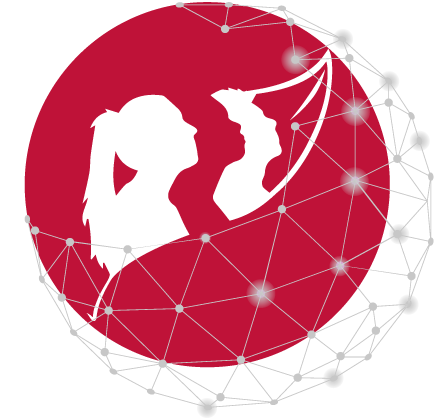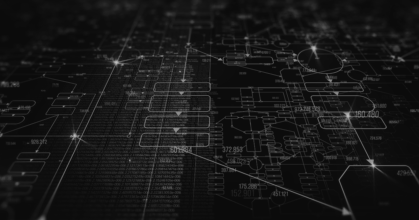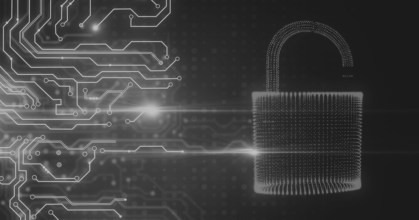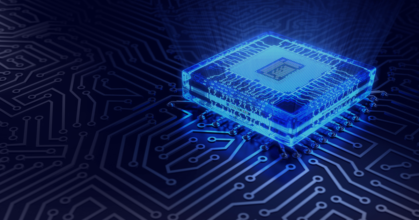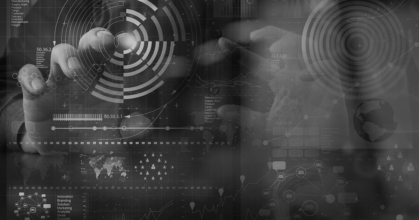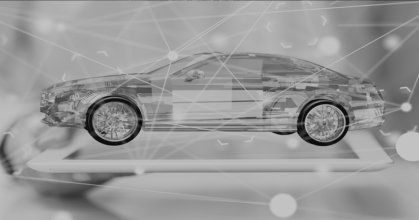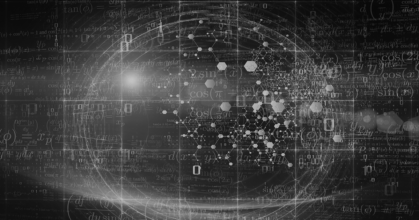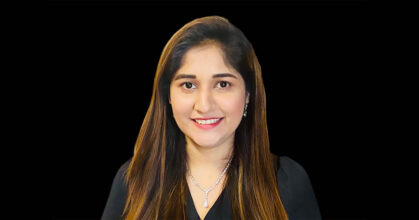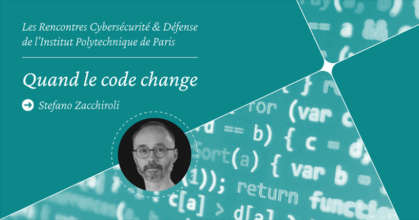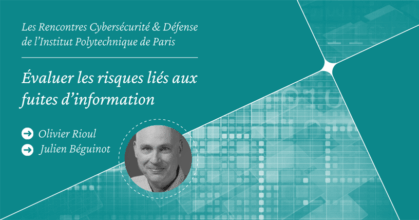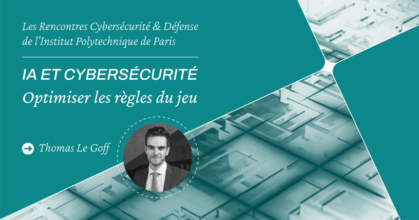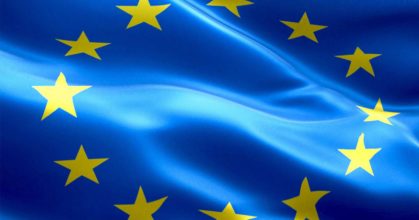The Communications and electronics department (Comelec)
Every day, information and communication technology (ICT) becomes more firmly embedded in our society and fundamentally affects the way it operates. The mediators – objects –embody the highly multidisciplinary aspect of ICT, based on: the understanding and use of real phenomena, the algorithmic processing of signal and data and the way they slot into a global information system.
The Comelec Department focuses on the physical and hardware base of processing and on the design/modeling/integration of objects in an information system. This underlying theme translates into the department’s training, innovation and research projects.
The department has six groups which, together, represent the research in communications and electronics undertaken at Télécom Paris. The LabSoc team is located in Sophia Antipolis, on the Eurecom site.
- team
Circuits & Communications Systems [C2S]

- team
Foundations of Sensing and Information [FSI] team

- team
Mathematics of Information & Communication [MIC]

- team
Optical Telecommunications [GTO]

- team
Radio Frequency, Microwaves & Millimeter waves [RFM²]

- team
Secure and Safe Hardware team [SSH]

- team
System on Chip team [LabSoC]

The Image, Data, Signal department (IDS)
The aim of the IDS Department is to provide teaching and research in the field of signal, image and data. Its objectives are the following:
- the study and analysis of signals and images in all their forms (including audio, video, multimedia, satellite images, biomedical images).
- The study and development of algorithms and statistical processing methods for learning, optimization and data analysis.
The department has three teaching and research groups, one development team and eight transversal research teams
- The three teaching and research groups are:
The Computer Sciences and Networks Department (INFRES)
- The INFRES Department covers all the areas of computer science that relate to the study of infrastructure, digital systems and networks, with a special focus on mathematical modeling (stochastic models, extended information theory, cryptography, discrete mathematics), communication operations (network architecture and communication protocols) for future networks of all types (including Internet, telecom, access, ad hoc, sensor and RFID networks) and the computing architecture (embedded, distributed) of systems and services, relating to software issues (concepts, computer tools and engineering). The department is made of six groups:
Latest news

Macro-threats on microarchitectures
Digital Trust, Faculty Members — 28/11/2025Maria Mushtaq, researcher at Télécom Paris and organiser of the MIC-SEC winter school, sheds light on the developments and [...]
When the code changes (IP Paris)
Digital Trust, Faculty Members — 30/10/2025Stefano Zacchiroli is co-founder of the Software Heritage project. Drawing on this global archive of open source software, he offers [...]
Assessing the risks associated with information leaks
PhD, Digital Trust, Faculty Members — 17/10/2025Olivier Rioul and Julien Béguinot, PhD student, use tools from the mathematical theory of communication [...]
AI and cybersecurity: optimizing the rules of the game
Digital Trust, Data Science & AI, Faculty Members — 06/10/2025Thomas Le Goff: AI and cybersecurity are also a matter of regulation, with consequences for [...]
A new policy report on the regulation of data centres in Europe
Digital Economy, Faculty Members — 03/10/2025Over the past 6 months, Thomas Le Goff et al. worked with the Centre on Regulation in Europe (CERRE) [...]
